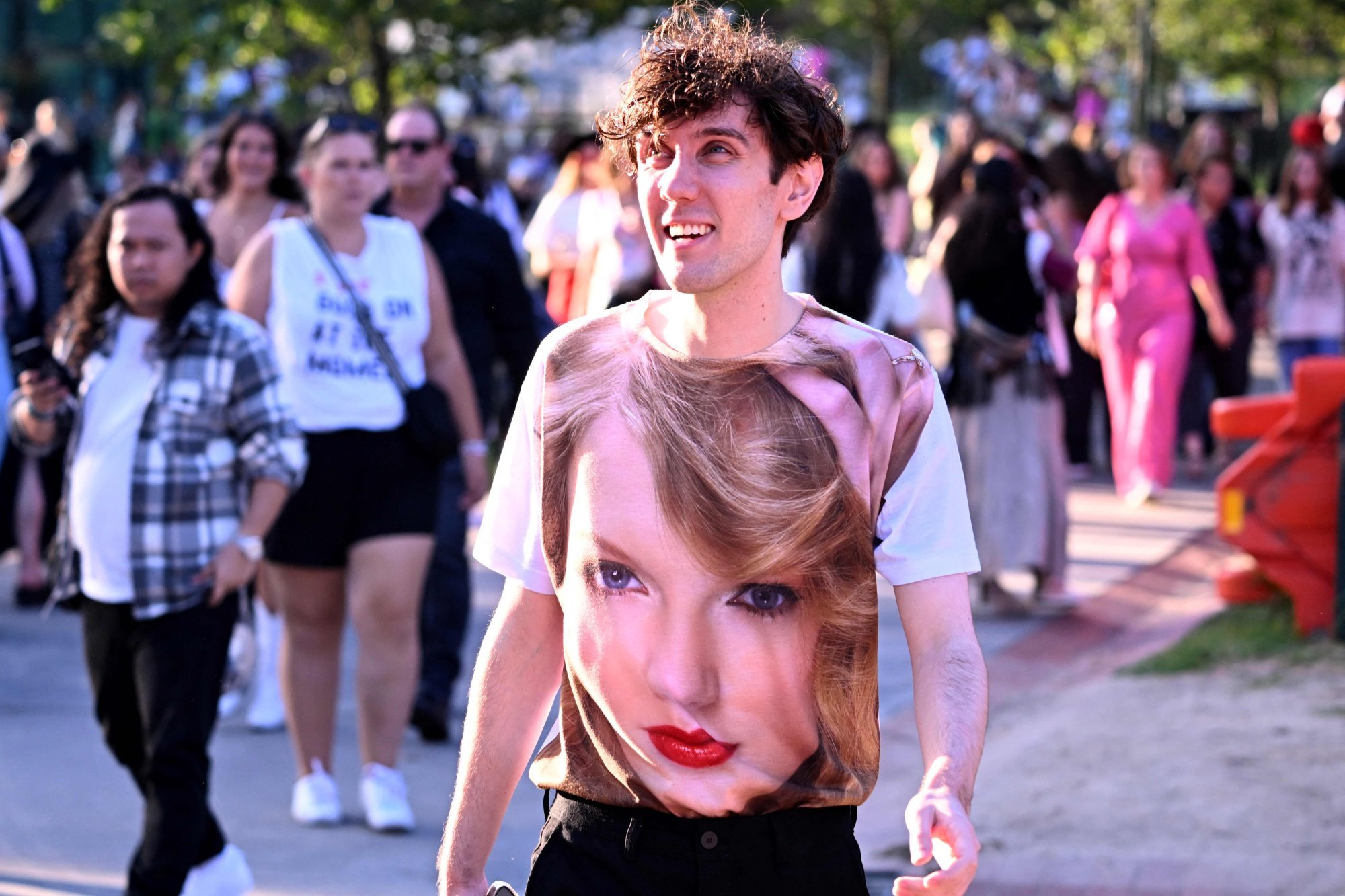
How Taylor Swift’s Singapore effect could only have been achieved in ancient China by one singer, who briefly soared before losing everything
- Yongxin enchanted an emperor and became a celebrity in the capital Chang’an (present-day Xi’an), with her singing moving different people in different ways
- When a rebel captured and sacked the city in 756, she fled and eventually could only sing on the streets, dying with nothing to her name
I don’t know how much money the Singapore government paid to secure the six sell-out Taylor Swift concerts, which run from March 2-9, but it looks like the cash will have been well spent.
If we assume that even just a third of the audiences at the 55,000-seat Singapore National Stadium flies in from other countries, and that each visitor spends a fair bit of money during their trip, then the return on investment is going to be large.
There’s also the intangible buzz that generates goodwill and future profits for the city.
I also don’t know much about Taylor Swift’s work – besides one song, “Shake It Off”, from 2014 – but I’m impressed by the building “Tay Tay cray” in anticipation of the concerts. While I like a few recording artistes like Kate Bush, Björk and (please don’t judge me) Madonna, I have never reached that level of fanaticism in my affinity for any singer.

In contrast to the enormous wealth singers and musicians can generate today and the influence and stature they enjoy, those in premodern China were near the bottom of the social pecking order.
Individuals who made their living by playing music or singing were viewed unfavourably. If one had to do it, to gain respect, they would at least have to have been employed in the residences of officials and nobility, or even better, in the emperor’s palace. Musicians and singers who entertained in public weren’t “respectable”.
It was much worse when they were women. In the eyes of many in the past, they were just one step up from sex workers.
Xu Hezi was born into a musical family in the middle period of the Tang dynasty (618-907), in the Yongxin district of what is today Jiangxi province in the far south. It is said that a high-ranking regional official was so impressed in hearing her beautiful voice that he sent her to the capital Chang’an (present-day Xi’an), where she would be employed by the imperial palace as a singer.
At the capital, Xu took on the professional name Yongxin, after the place of her birth, and regaled the denizens of the palace, especially Emperor Xuanzong (who reigned from 712 to 756), with her art.

She became a celebrity in Chang’an. Her singing moved different people in different ways. It is said that those who were already happy became ecstatic, and those in sadness sank further into despair.
Yongxin also had a powerful voice; her singing often soared above the cacophony of crowds and the music of the palace orchestra.
When the rebel An Lushan captured and sacked the Tang dynasty capital in 756, Yongxin, like many others, fled Chang’an. She married a poor scholar and had to sing as a public entertainer to make a living.

An ex-official who used to serve in the capital recognised her voice one evening among the pleasure boats in faraway Guangling (present-day Yangzhou), south of the Yangzi River. When he found her, they wept as they recalled their former lives in the glamorous capital and took stock of their present wretchedness.
When her husband died, Yongxin and her mother made their way back to the capital. The imperial palace, whose prestige and resources were much depleted by the devastating rebellion, no longer had any use for celebrity singers.
Yongxin ended up on the streets, singing to support herself and her mother. When she died, she had nothing to her name.
A singer’s career wasn’t something that most people in China’s past aspired to. Apart from the prejudice and low social standing, the income wasn’t likely to be any more than just enough, if that – inconceivable today when so many celebrity singers are multimillionaires.

